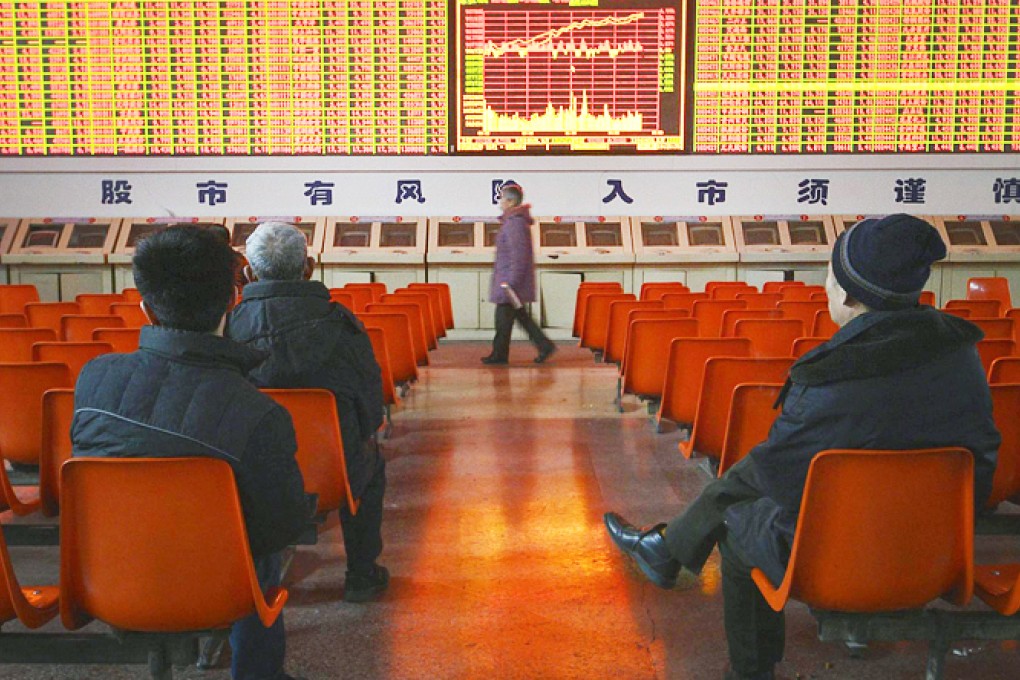Chinese banks drop below book value
Decline in lenders' share prices spurs investors to mull buying on the cheap but analysts say worst is yet to come for banking sector

Mainland banks' A shares have dipped below net book value or are about to breach that level, prompting some to ask whether it is a good time to buy the seemingly undervalued stocks.

The price-book ratio at 14 of the mainland's 16 listed banks was less than one at yesterday's close. The other two were just above that level, with China Minsheng Banking at 1.04 and China Merchants Bank at 1.03.
Bank shares were trading at an average ratio of 2.18 on June 6, 2005, when the Shanghai Composite Index hit 998 points, the lowest level this century. The index closed at 1,991.25 yesterday.
The pessimism prevalent in the mainland market has not deterred some international investors, who can buy mainland bank shares through the Hong Kong market or tap A shares under the qualified domestic institutional investor scheme.
"International investors have recently asked us whether they could buy some bank shares," said Lucy Feng, the head of regional banks research, Asia ex-Japan, at Nomura.